Kaedah Pengajaran, Penyeliaan dan Penilaian
Teaching methods
Teaching is my passion, so I enjoy exploring different teaching methods to ensure my students understand my lectures. Conventionally, I have my own slides to refer during lecture, which I usually shared to my students after the class so that they will focus on my presentation. However sometimes the slides were shared before the lecture so that I could begin my class with a short formative quiz on the topic I was going to present that day.
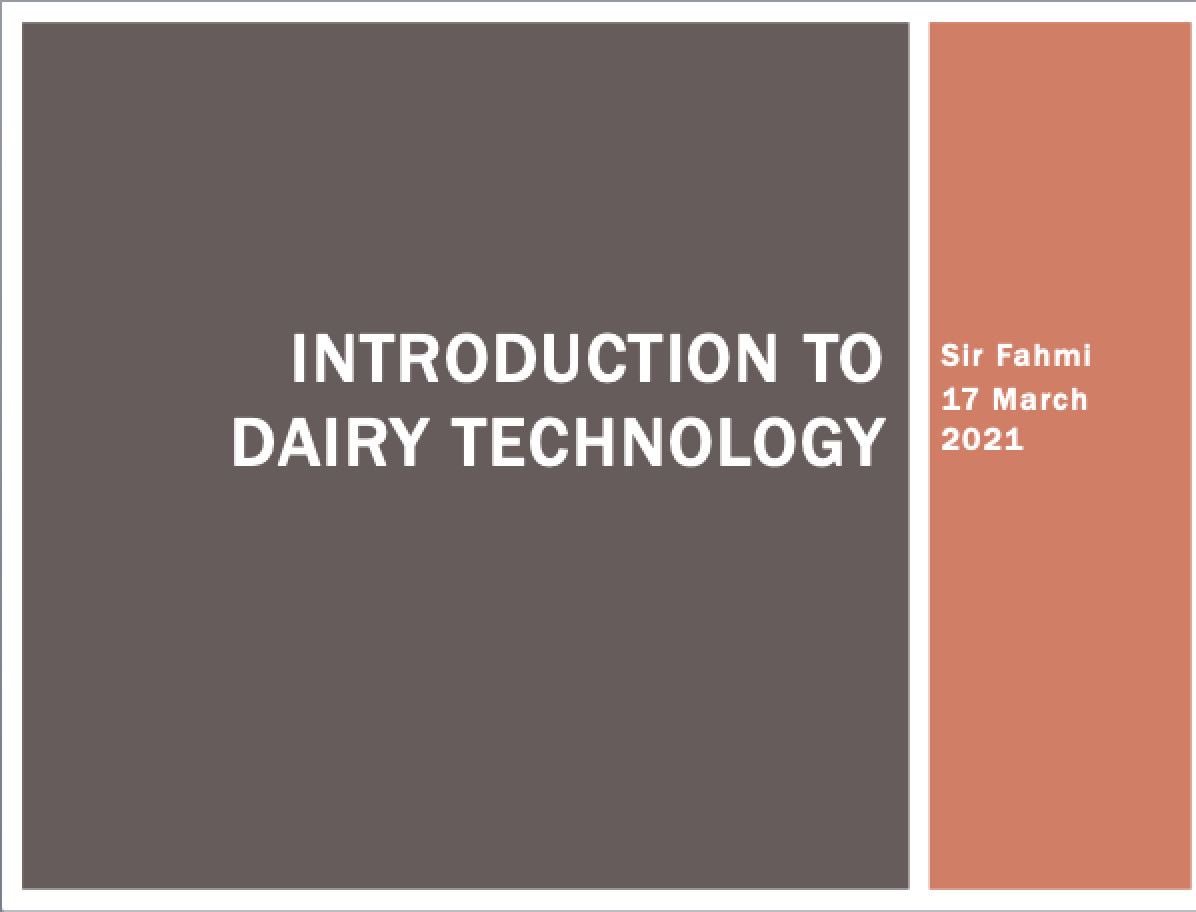
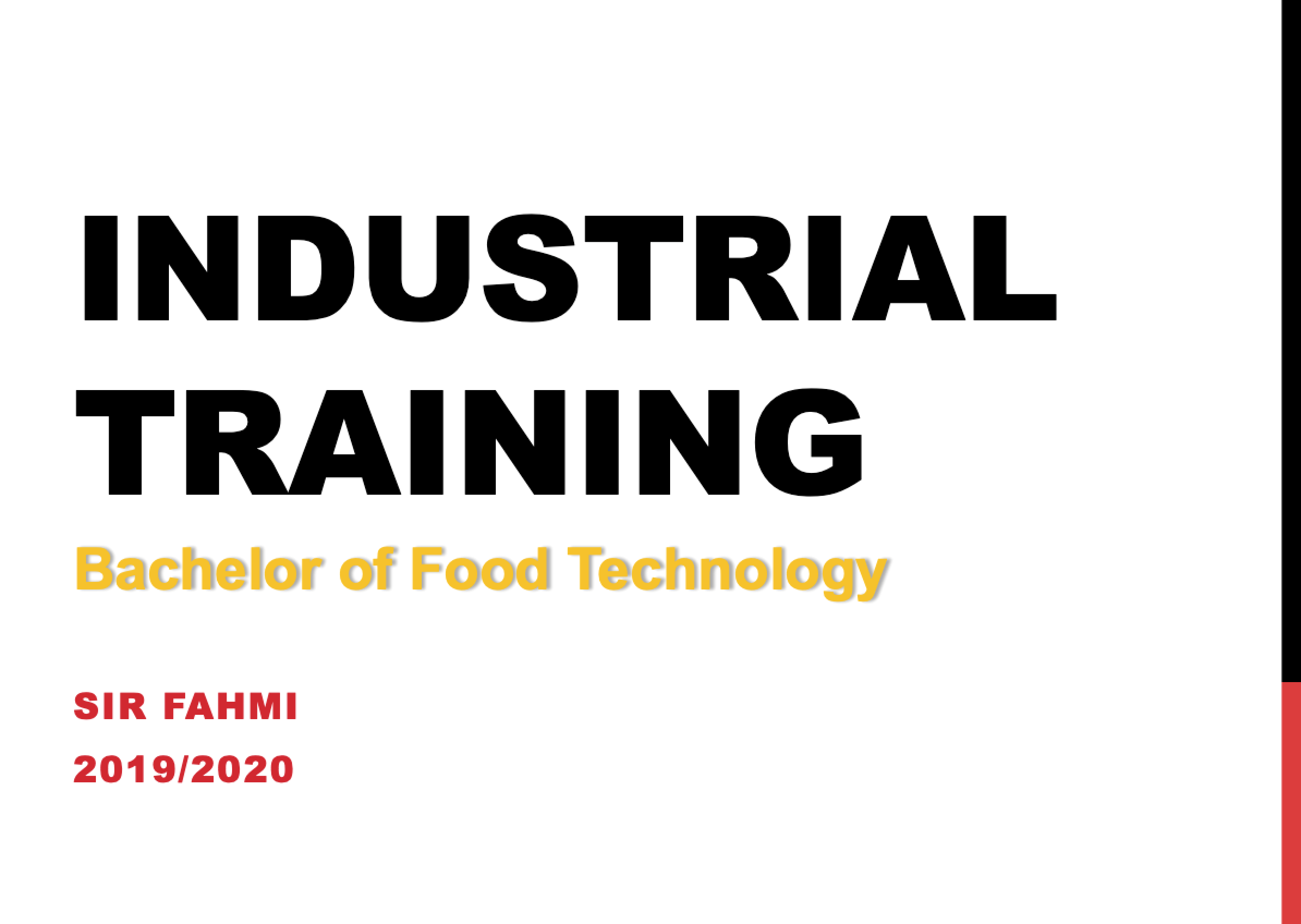
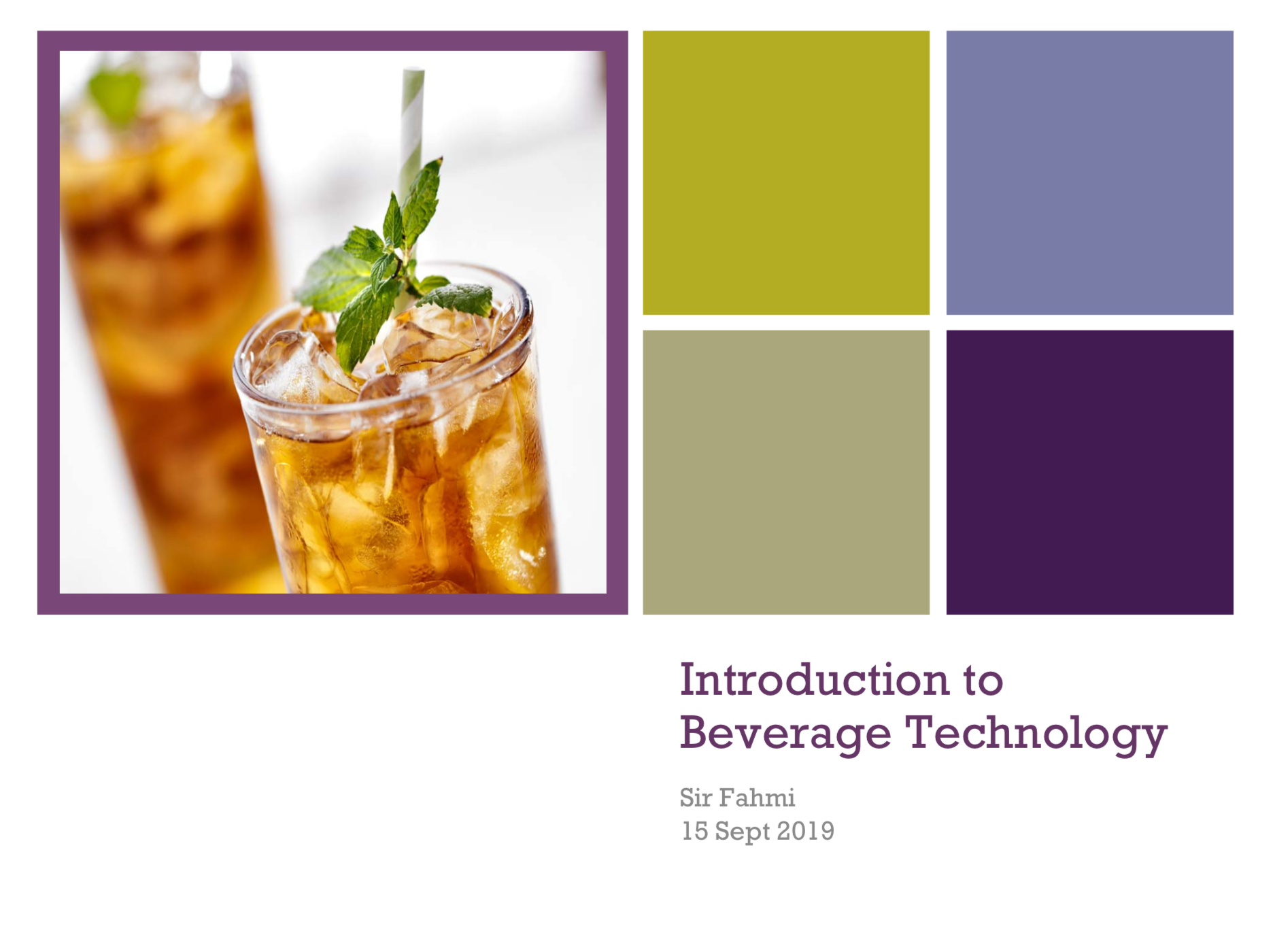
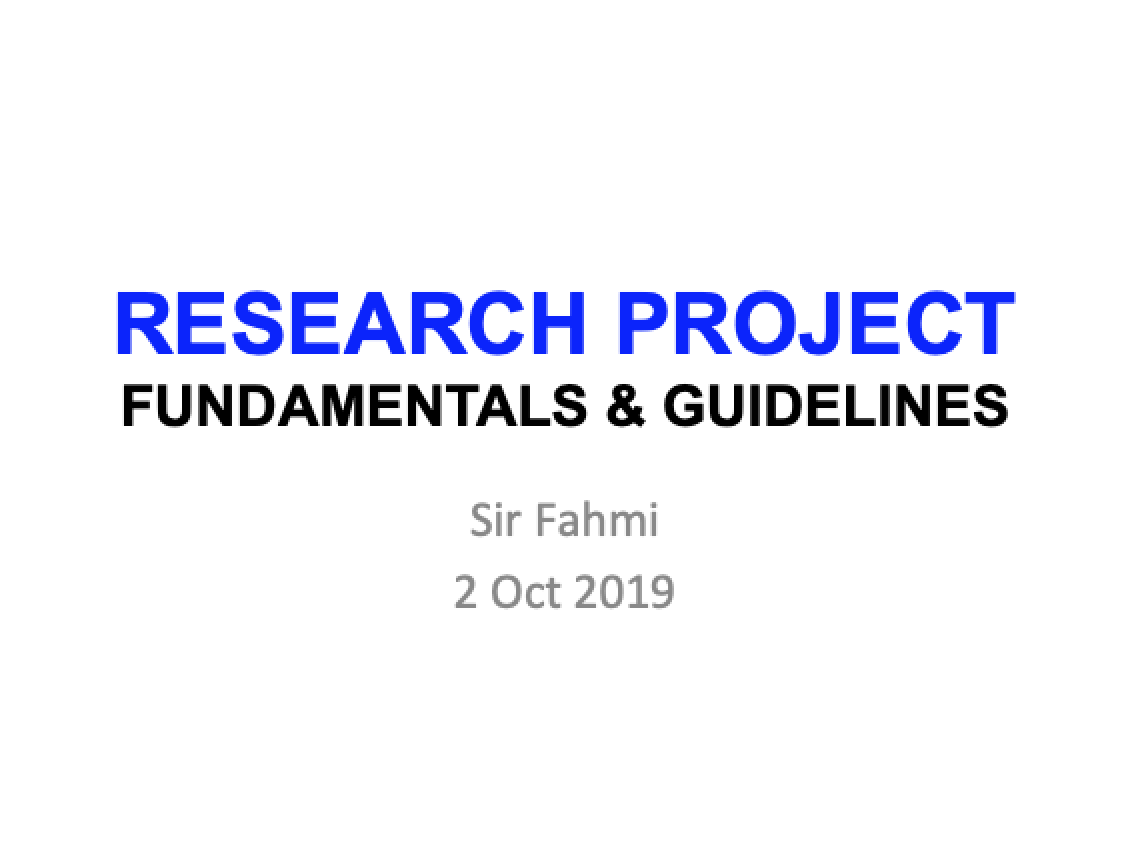
For practical sessions and assignments, I always prepare a handouts or manuals for students to refer, which contain the background, procedures and marking rubrics of the given tasks.


I am also getting used to online teaching, especially during this pandemic. If I do a synchronous lecture via a video conference application such as Webex, Google Meet etc., I will make sure the session is recorded, then uploaded to my Youtube channel, before the link is shared with my students to aid their revision. I understand that online learning is highly dependent on connectivity, tools and attention, so by recording the lecture session, my students will be able to look back at my lectures anytime when they have a good internet connection, proper gadget, and calm environment to study.

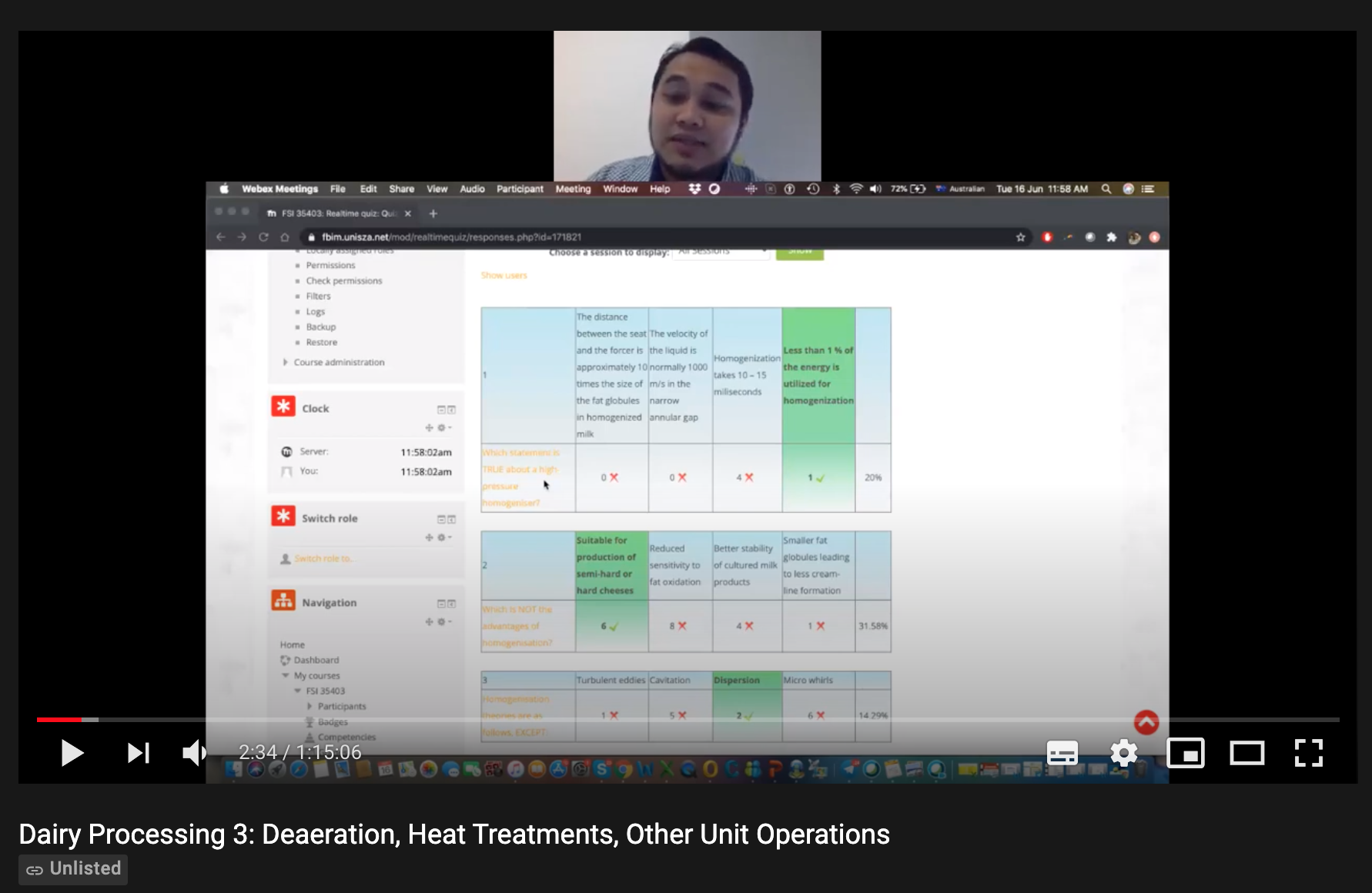
Supervising methods
I already have one post-graduate student to supervise, and I am adopting the same strategy of supervision that I apply on my Final Year Project (FYP) supervisees. I firstly encourage exchanging of ideas between the students and myself. I really appreciate any feedback and comment from the students on my suggestions and planning of their research. I cherish extra efforts to come and see me for consultation or stay back to finish experimentation. This shows their responsibility, confidence and independence, which for me are the three main ingredients in conducting a successful research.Being perfectionist, I usually ask from my students for adjustments of a particular experimental procedures, discussion of results and even construction of phrases to suit the scientific writing and presentation. I may take some time to give feedbacks on their proposals, first drafts and so forth, but I will make sure that their delivery is improved and polished to the best I could.
Assessment methods
For me, conducting any assessment on my students is a way to actually evaluate my own teaching. If the results are bad, then the reflection is firstly on my delivery before anything else, so I need to improve on that. Formative assessments that I have conducted such as quizzes, reports etc. help me to find gaps in my teaching of a particular topic and improve it in the next lecture, while summative assessments such as tests and final exams, are useful to reflect on my own mastery of the whole course that I teach throughout the semester. Of course the assessments are also important for the students too, but I am highlighting that the assessments really help in improving the quality of lecture for the benefit of my students.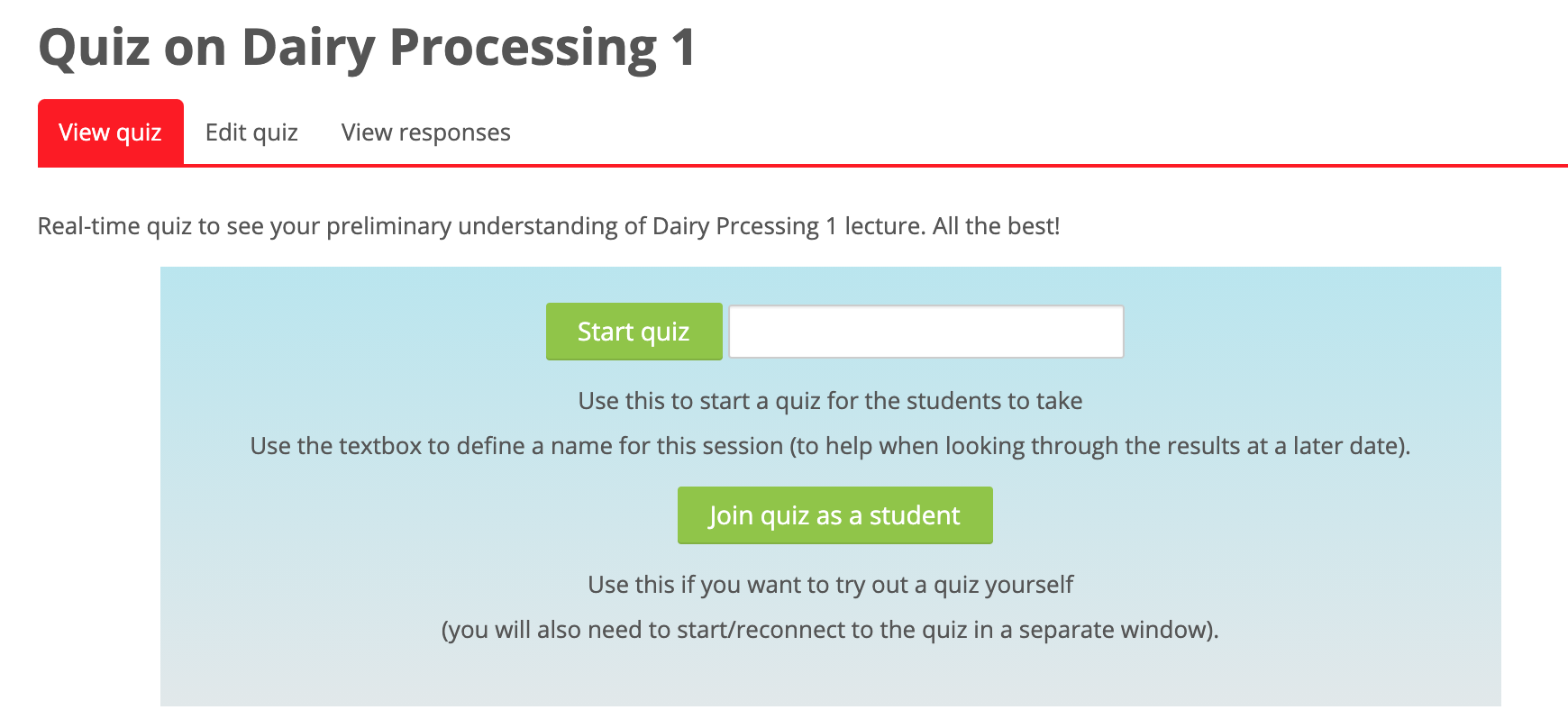
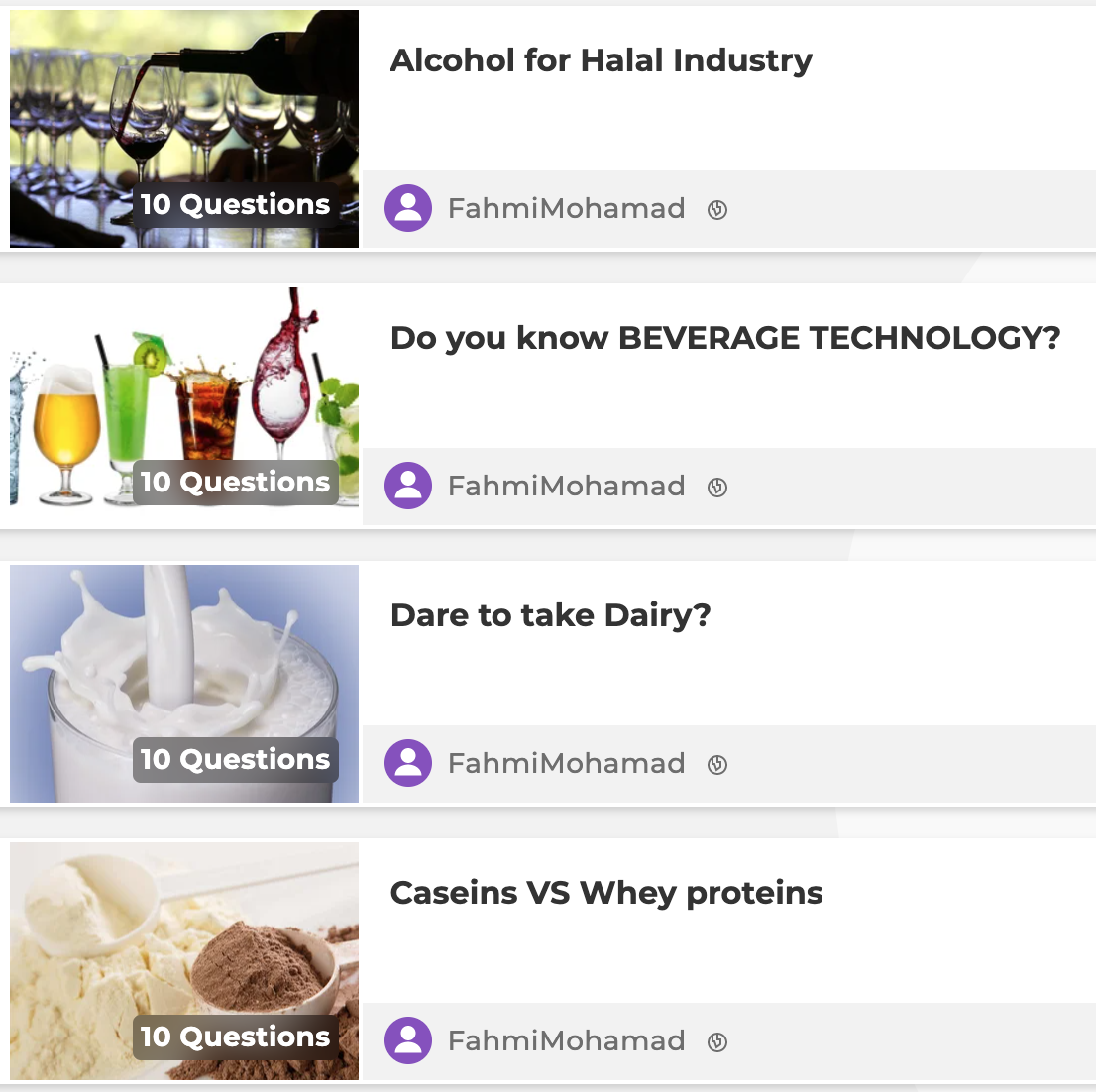
If the course that I teach involves learning outcomes that improve the students' soft skills such as leadership, communication and entrepreneurship for examples, I will create a suitable rubric for peer assessment, presentation, weekly journals etc. Even for evaluating the cognitive element of the students, I sometimes ventured into alternative assessment methods such as flip assessment which I find really interesting and refreshing.


List of courses
Currently I am lecturing for courses in Bachelor Degree of Food Technology (SMTM) and Bachelor Degree in Halal Food Development (SMPMH) as follows:
- FSI 10103 Analytical and Organic Chemistry (SMTM)
- FSI 35303 Beverage Technology (SMTM)
- FSI 35403 Dairy Technology (SMTM)
- FSI 42402 Research Project 1 (SMTM)
- FSI 32712 Industrial Training (SMTM)
- FSD 13202 Principle of Food Product Development (SMPMH)
Course structure
Course Structure Sem/Year No. of students FSI 10103 Analytical and Organic Chemistry Lecture
PracticalSem 1 - 2018/2019 77 FSI 35303 Beverage Technology Lecture
PracticalSem 1 - 2018/2019
Sem 1 - 2019/2020
Sem 1 - 2021/202223
34
97FSI 35403 Dairy Technology Lecture
PracticalSem 2 - 2018/2019
Sem 2 - 2019/2020
Sem 2 - 2020/2021
Sem 2 - 2021/202226
21
21
67FSI 42402 Research Project 1 Lecture
PracticalSem 1 - 2019/2020 47 FSI 32712 Industrial Training Practical Sem 2 - 2018/2019
Sem 2 - 2019/202048
47FSD 13202 Principle of Food Product Development Lecture Sem 2 - 2021/2022 19
Supervised studentsBachelor Degree of Food Technology
Year Name Title of project 2018/2019 Nur Diyanna Mohd Yusof Differences in total yield and physicochemical attributes of virgin coconut oil from direct heating and microwave heating 2018/2019 Lili Suriani Mayunis Comparison on total yield and physicochemical properties between virgin coconut oil produced from centrifugation and fermentation methods 2018/2019 Muhammad Arif Mohd Said Chocolate spread emulsion: Effect of varying oil types on physicochemical properties, sensory qualities and storage stability 2018/2019 Siti Mariam Yaacob Effects of varying pectin concentrations and acidulant types on the physicochemical and sensory properties of mulberry jam 2019/2020 Nik Khairunnisa Che Mohd Khir Juhari Bioactivity of ficus deltoidea infusions with different ratios of var. Trengganuensis and Kunstleri mixture 2019/2020 Balqis Mohd Ariffin Effects of different drying methods on bioactivity of mulberry leaves infusion 2019/2020 Izyan Haifaa Khiraldin Physical properties of vegetable patty from dried oyster mushroom varied in composition 2019/2020 Nor Maizatul Shafina Mohammad Affendi Functional mozarella heese 2020/2021 Fatin Naimah Rosdi Physical properties of kelulut honey emulsions varied in oil types and emulsifier concentrations 2020/2021 Nur Liyana Abd Rahim Effects of varying concentrations of red palm oil in mayonnaise on its physical properties and partitioning of beta-carotene upon storage 2020/2021 Syariffah Nur Athirah Syed Mohd Fakhrudin Effects of blanching methods on physicochemical properties of red cabbage flour 2021/2022 Nur Ainina Mohd Noor Effects of varying concentration of red palm olein in mayonnaise on its physical properties, sensory attributes and partitioning of beta-carotene upon storage 2021/2022 Nuraqilah Najihah Mohd Sarip Effects of salt addition and freezing methods on stability and physical properties of freeze-thawed coconut milk emulsions 2021/2022 Tan Shie Yieh Physical properties and sensory attributes of okara breads incorporated with soymilk using different bread making methods 2021/2022 Nor Atirah Mohamad Storage study on partitioning characteristics of beta carotene in emulsions with different solid fat contents 2021/2022 Nurul Izzah Asri Storage study on partitioning characteristics of beta carotene in emulsions with different surfactants
MSc in Food ProcessingYear Name Title of Research 2021-2023 Sharifah Nur Hidayah Sayed Abdul Rahman Partitioning characteristics and bioavailability of palm phytonutrients in emulsions varied in type, surfactant and solid fat content towards designing stable emulsion-based functional foods